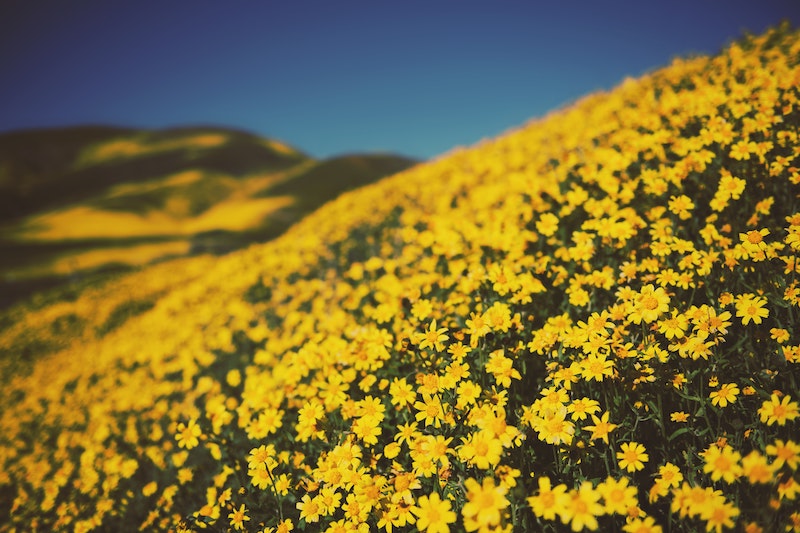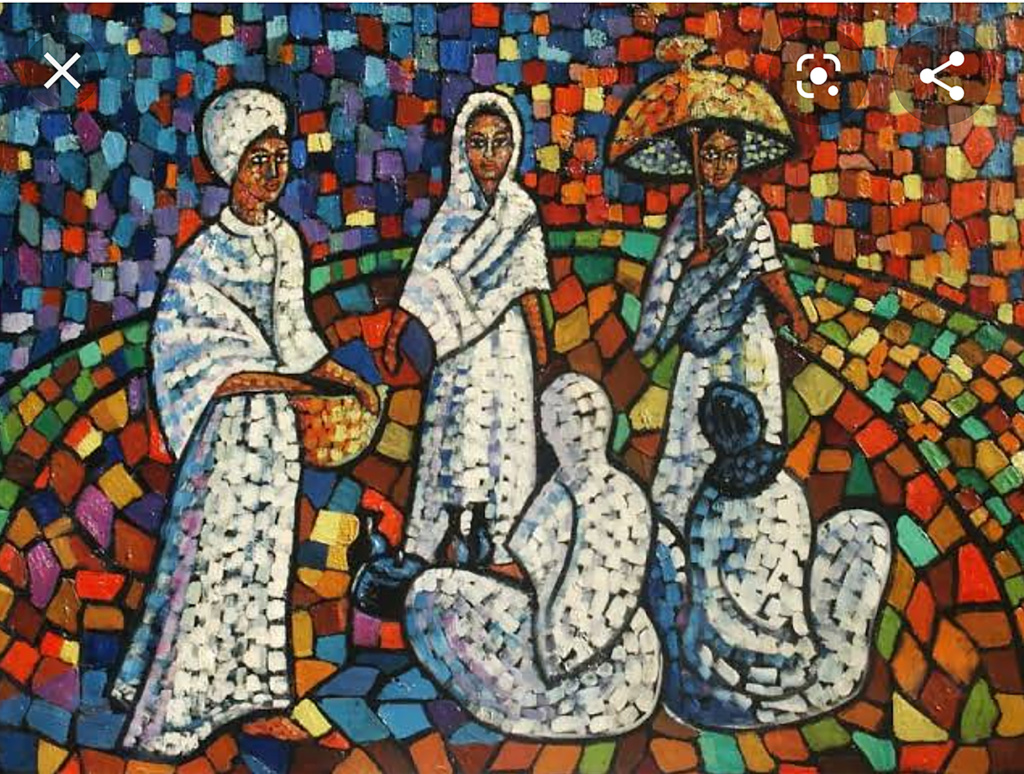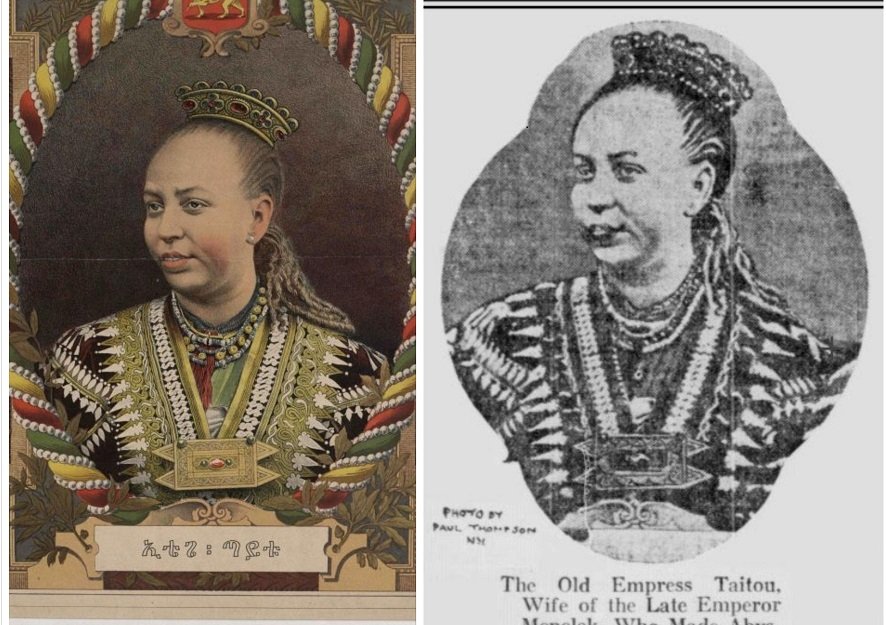Enkutatash, Ethiopian New Year, falls on September 11 when the rain decreases and the sun begins to shine once again. Enkutatash means “gift of jewels.” When the Queen of Sheba retuned from her journey to visit King Solomon in Jerusalem, her chiefs welcomed her back by replenishing her treasury with enku, or jewels. Following New Year, seasonal birds such as the Yemeskel Wof visit; yellow flowers known as Adey Abeba come out in profusion and lush green grass covers fields and mountains. Little girls start singing the familiar song Abeba Ayewosh a week before the holiday begins. Wearing Ethiopian cultural dress completed by an elaborate hairstyle, and carrying a small drum and flowers, the young girls visit each house in their village/community extending wishes for a happy and prosperous new year.
And on the eve of Enkutatash, village elders and young boys gather outside to attend a bonfire ceremony. The ceremony begins when a chibo, a bunch of long, thin sticks, is lit. While the boys and elders do this, the little girls continue to sing Abeba Ayewosh around the bonfire. In every household, Ethiopian traditional food like Doro Wot and brews like Tella and Tej, will be prepared for the feast.
The following day, New Year is celebrated across the country. Enkutatash is a time of warmth, where families, friends, and neighbors pay each other visits, wishing each other a happy new year.
While the Holidays listed above are traditionally for Ethiopians among family and friends, Meskal (celebration of the finding of the true cross) celebrated later on in the month also attracts many international visitors.



